
Description
The National Health Surveillance Policy was established in 2018, by Resolution No. 588/2018 of the National Health Council. Its main purpose is to "define the principles, guidelines and strategies to be observed by the three spheres of the management of the Universal Health System (SUS), to develop health regulation, aiming at the promotion and protection of health and the prevention of diseases and injuries, as well as the reduction of morbidity and mortality, vulnerabilities and risks arising from the dynamics of production and consumption in the territories.” (BRAZIL, 2018)
PNSV is transversely related to other SUS policies and programs that have a direct interface with the promotion of the WASH sector and the quality of life of children and adolescents. Although it was instituted only in 2018, it emerges with the objective of guiding the actions that have already been developed by the Ministry of Health, mainly within the scope of SVS, but also influences the actions of SESAI and FUNASA.
PNVS defines "the principles, guidelines and strategies to be observed by the three spheres of SUS management, to develop health regulation, aiming at the promotion and protection of health and the prevention of diseases and injuries, as well as the reduction of morbidity and mortality, vulnerabilities and risks arising from the dynamics of production and consumption in the territories.”
Criteria 9/11
- ACCESSIBILITY
- ALIGNMENT WITH SDG 1,3,4,6 AND/OR 11
- RACE AND GENDER ISSUES
- ATTENTION TO CHILDREN AND ADOLESCENTS
- LOW COST
- SOCIAL DIFFUSION
- ADMINISTRATIVE EFFICIENCY
- ADHERENCE AND CONTINUITY AT LOCAL LEVEL
- WASH INITIATIVE
- CLIMATE RESILIENCE
- SUSTAINABILITY
PNVS is implemented by the Health Surveilance Secretariat of the Ministry of Health. It will guide the surveillance guidelines for the state and municipal health secretariats, as well as direct and influence actions of the Secretariat of Indigenous Health (SESAI) and FUNASA.
Federal Managers, State Managers, Municipal Managers, Civil Society
National
Since 2018
According to Resolution No. 588/2018 of the National Health Council, the guidelines for implementing PNVS are:
• Align and agree on responsibilities of the three spheres of government, in line with the principles of SUS, respecting regional local diversity and specificities.
• Cover actions aimed at public health, with individual or collective interventions, provided by health, epidemiological, environmental health and worker's health regulatory services, at all points of attention.
• Create management and work practices that ensure comprehensive care, with the insertion of health regulatory actions throughout the Health Care Network and especially in Primary Care, as care coordinator.
• Integrate the practices and work processes of epidemiological, health, environmental and occupational health surveillance and public health laboratories, preserving their specificities, sharing knowledge and technologies, promoting multidisciplinary and interdisciplinary work.
• Promote cooperation and scientific technical exchange at the national and international levels.
• Act in risk management through strategies for identification, planning, intervention, regulation, communication, monitoring of risks, diseases and injuries.
• Detect, monitor and respond to public health emergencies, observing the International Health Regulations, and promote strategies for implementing, maintaining and strengthening basic health surveillance capacities.
• Produce evidence from the analysis of the health situation of the population to strengthen management and practices in collective health.
• Assess the impact of new health-related technologies and services in order to prevent risks and adverse events.
The principles of this Policy emphasize dissemination strategies aimed at ensuring comprehensive health care for the population in a universal, equitable, and decentralized manner, with community participation, fostering cooperation, and guaranteeing the right to information.
One of the monitoring strategies under this policy is the publication of the Epidemiological Bulletin, edited by the Health Surveillance Secretariat. It is a publication of a technical-scientific nature, free access, electronic format with monthly and weekly periodicity for cases of monitoring and investigation of specific seasonal diseases.
This policy is financed by the Ministry of Health, according to Consolidation Ordinance No. 6, of September 28, 2017, which provides for the consolidation of the rules on the financing and transfer of federal resources to the actions and health services of the National Health System.
Resolution No. 588/2018 provides in Art. 16:
"Health regulatory actions financing, guaranteed in a tripartite manner, must be specific, permanent, growing, and sufficient to ensure the necessary resources and technologies for fulfilling the institutional roles of the three management levels, as well as contribute to improving the quality of their actions."